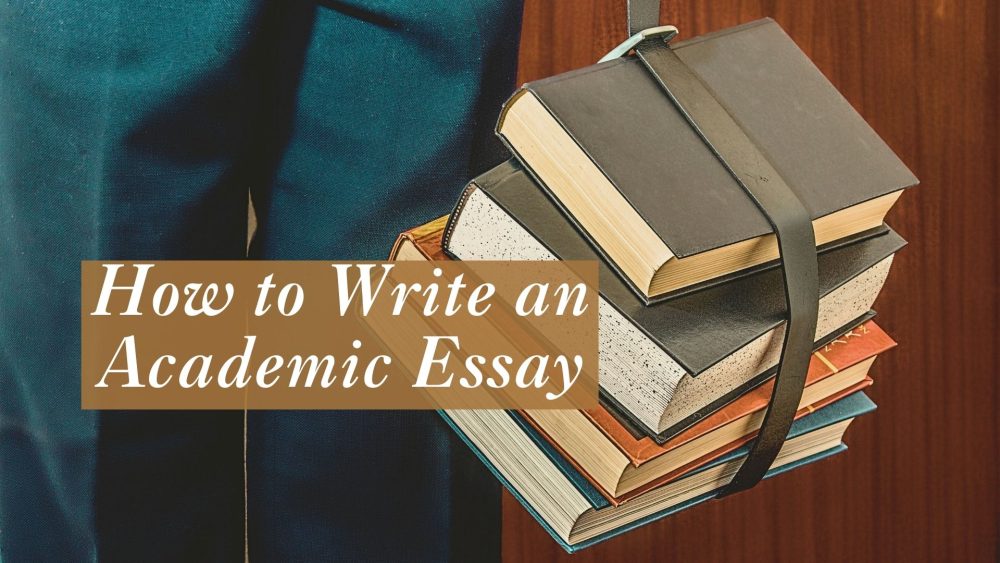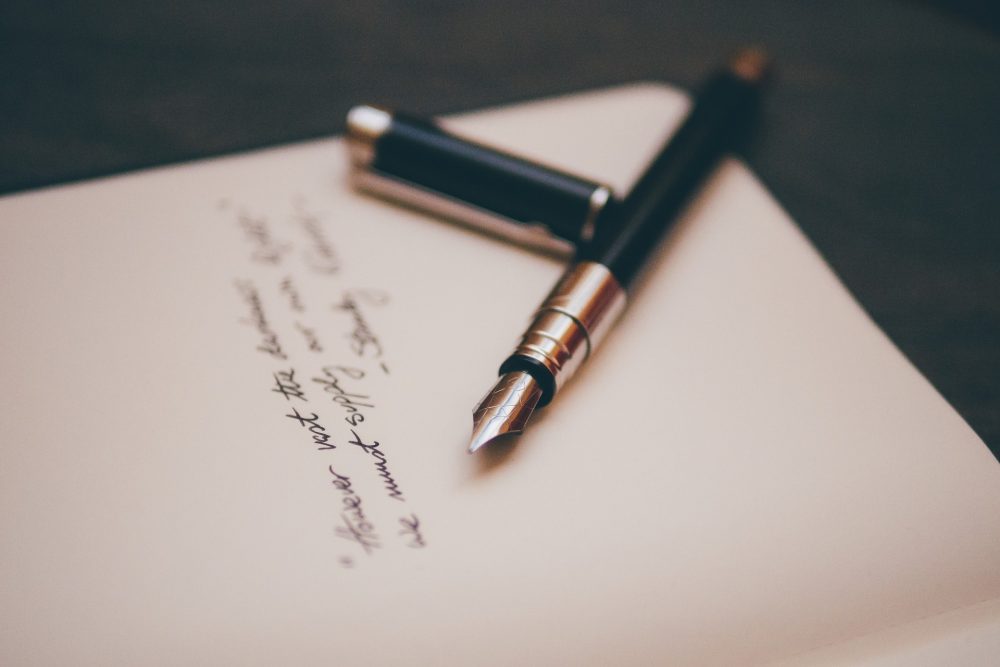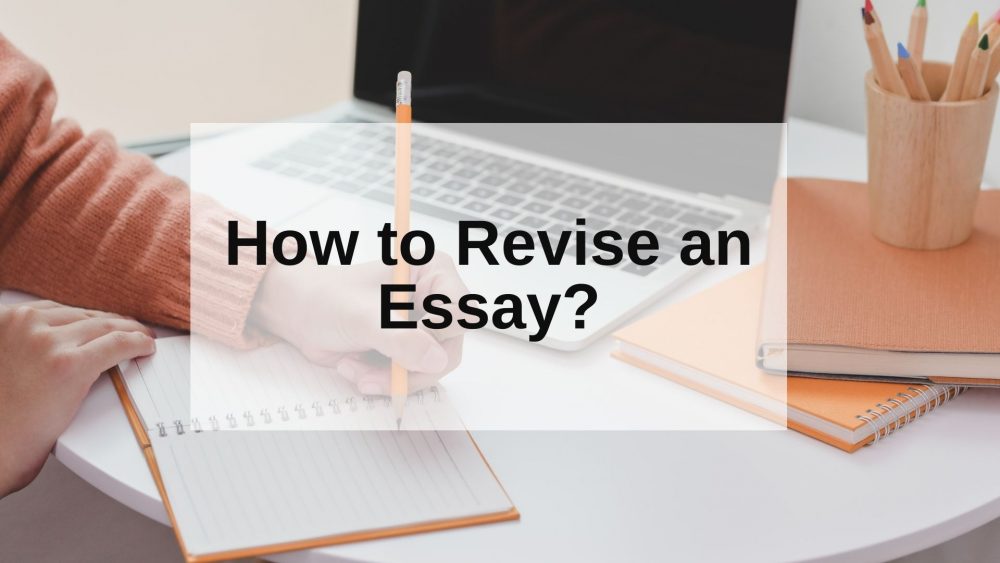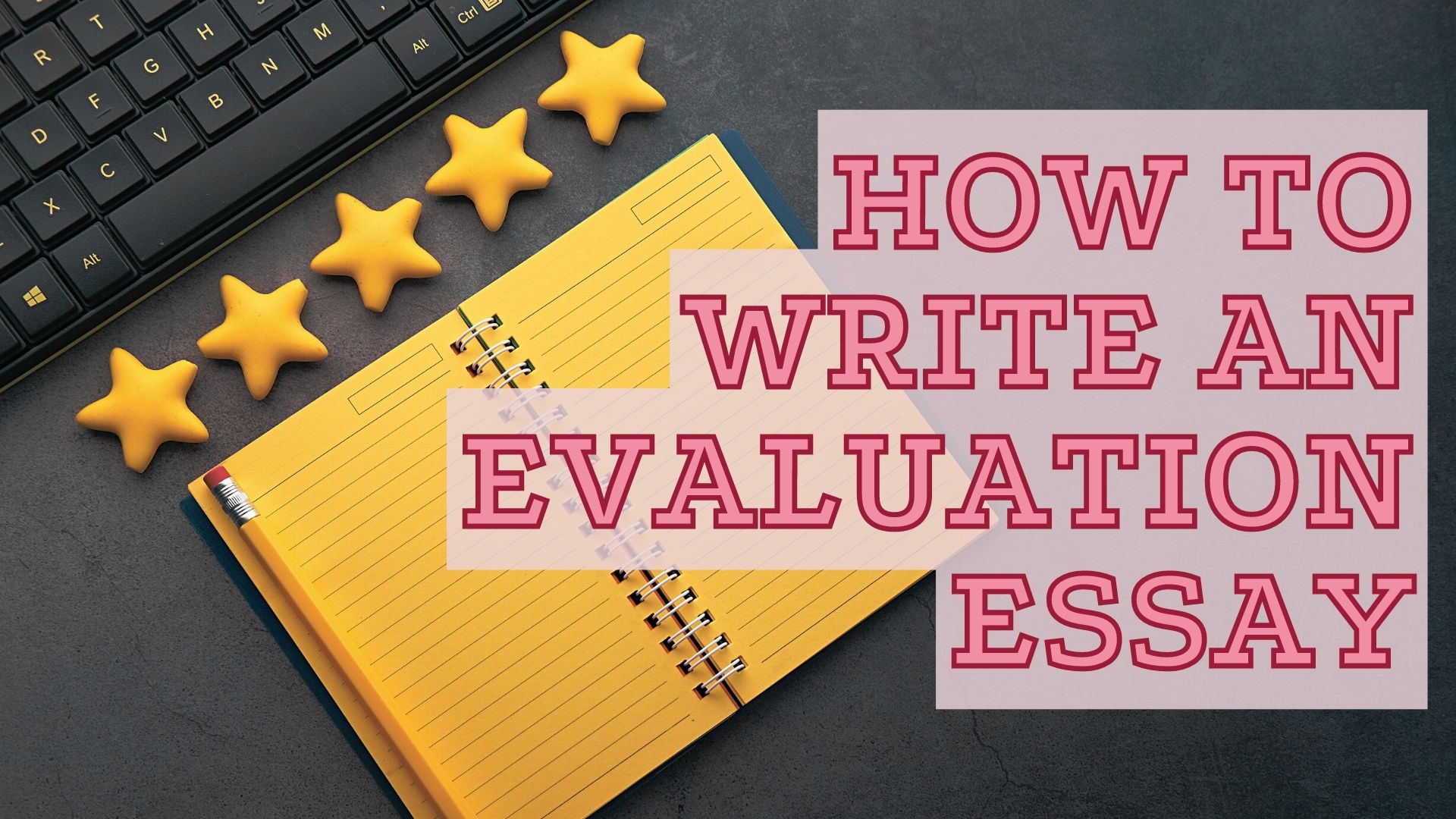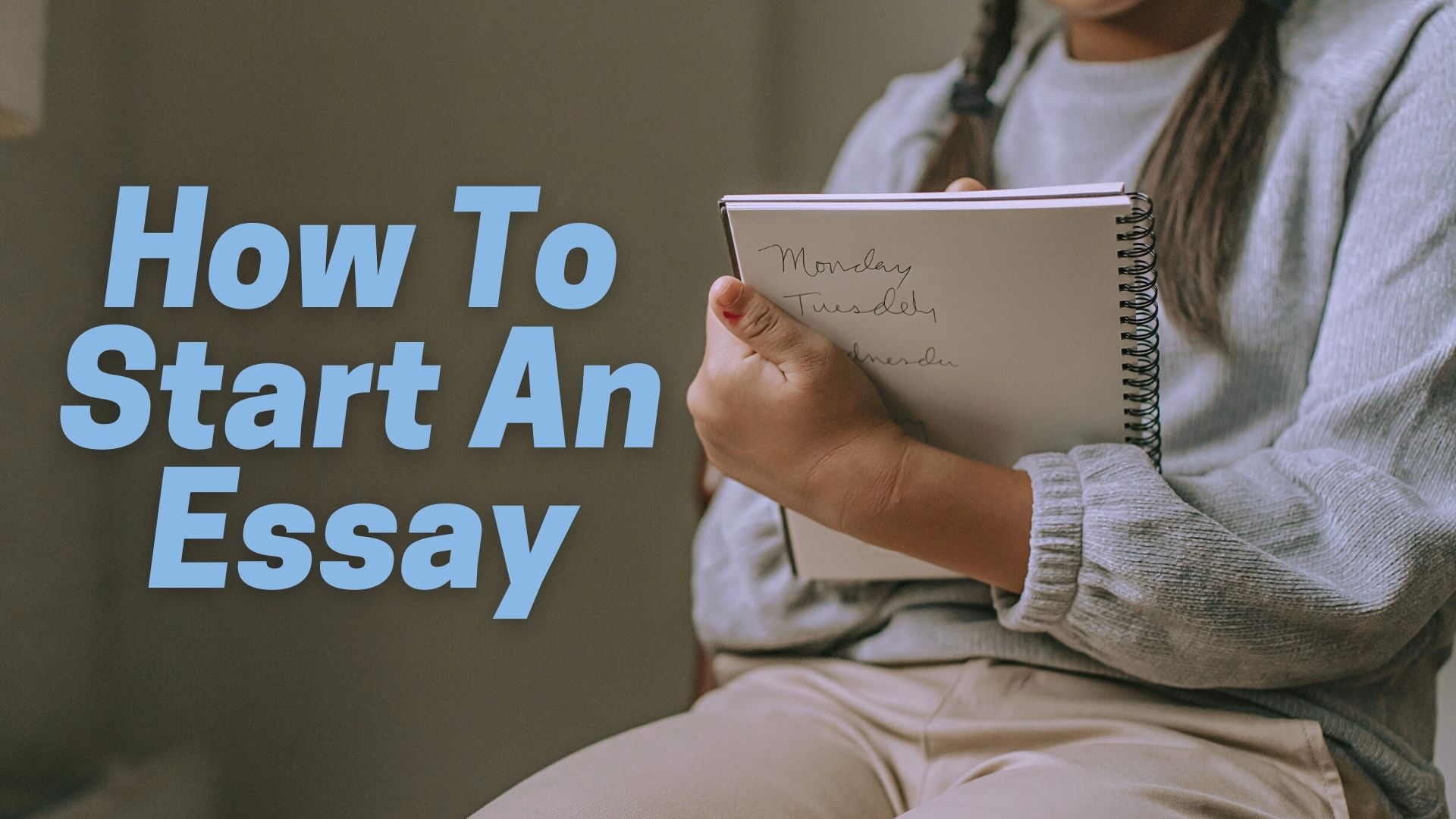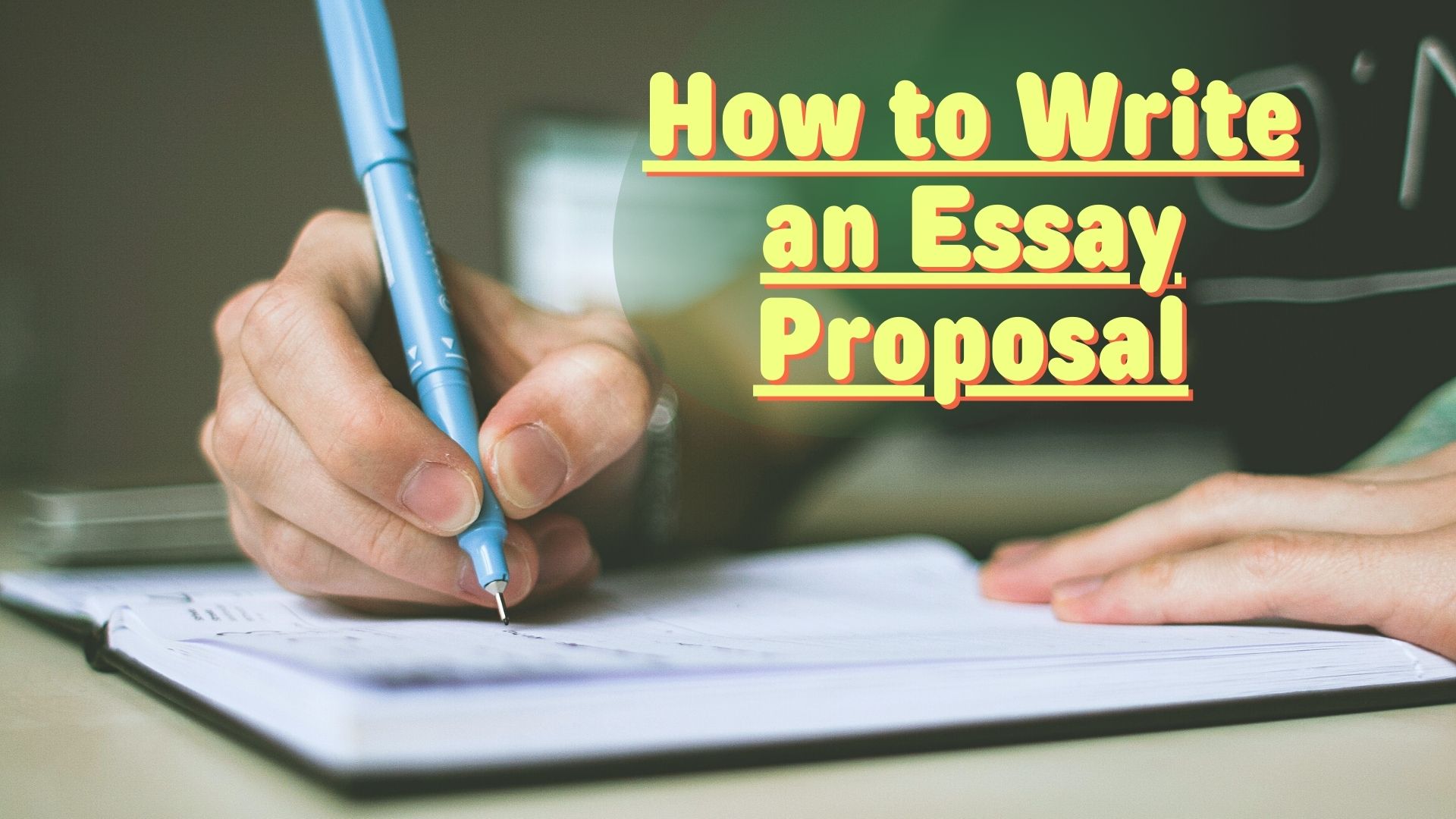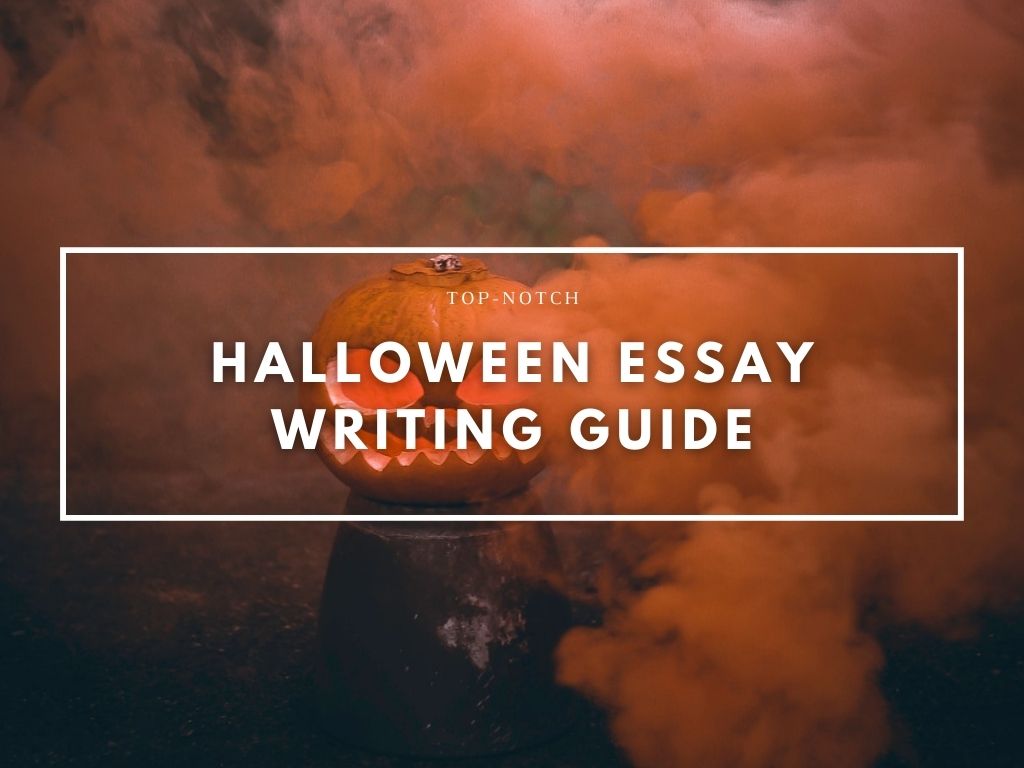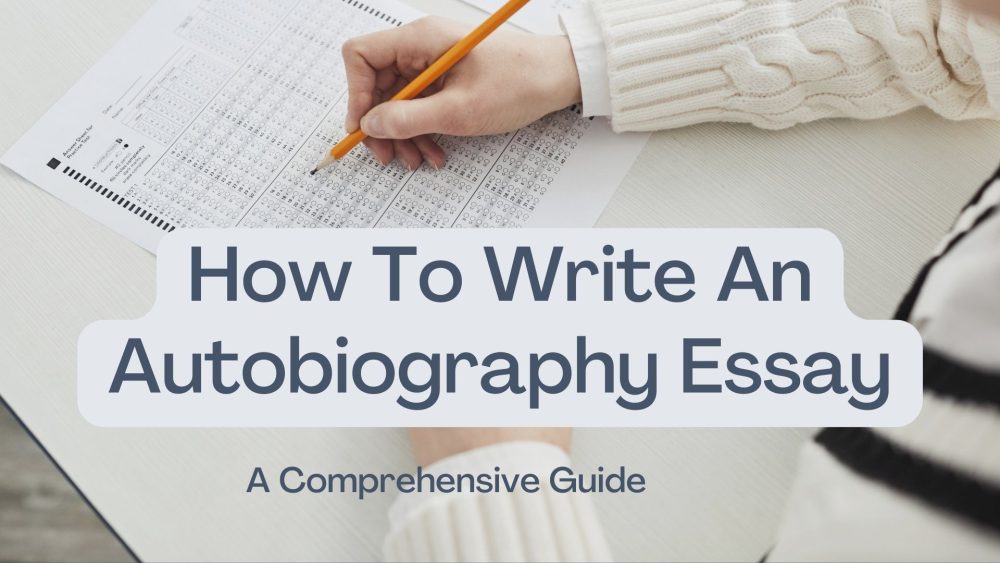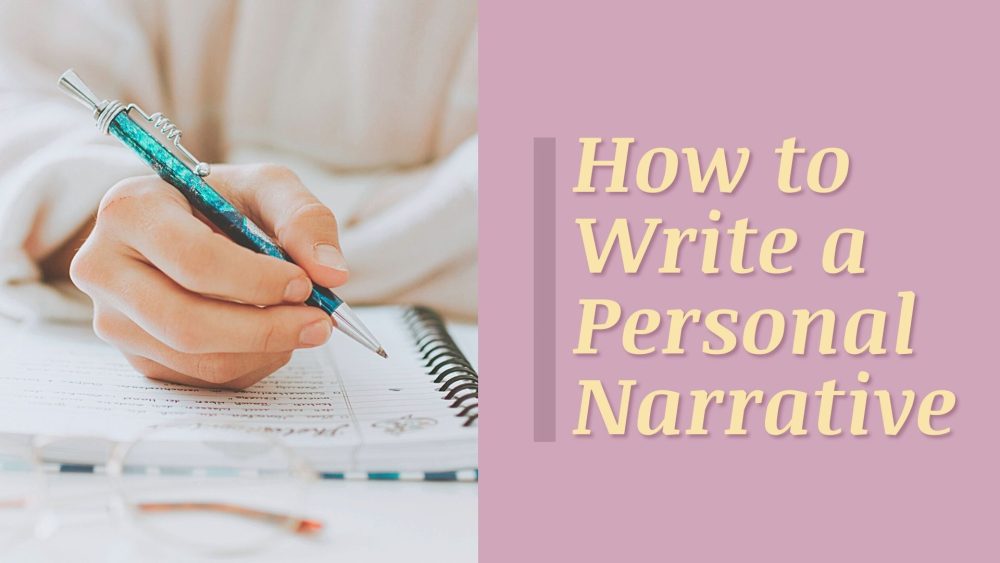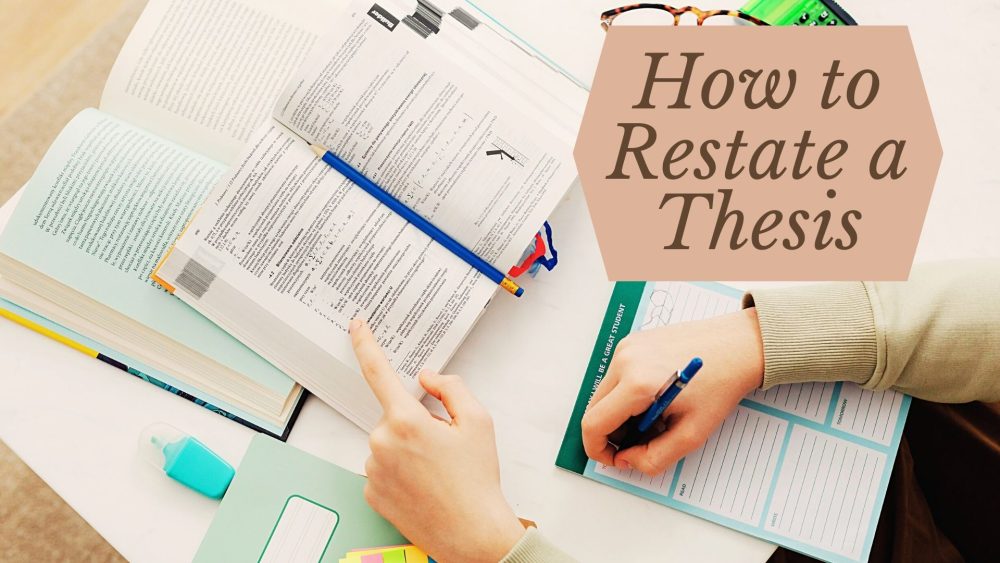Essay writing is among the primary assignments for high school and university students. This task aims to demonstrate subject knowledge and showcase students’ abilities to collect, analyze, and present data. This article defines this essay while presenting a guide for writing it. Also, it shares tips for outlining or structuring this write-up. It’s crucial because many learners struggle to complete this assignment.
Table of Contents
- What Is An Academic Essay?
- How To Write An Essay – A Step-by-Step Guide
- Academic Essay Topics For Students
- How To Start Your Academic Essay – Detailed Look
- How To Write The Body Of An Academic Essay
- How To Conclude An Academic Essay
- Additional Important Steps To Write An Essay
- Tips For Writing An Academic Paper
What Is An Academic Essay?
An academic essay is an educational write-up that educators require writers to complete in high schools, universities, and colleges as part of the curricula. In most cases, this writing assignment requires the learners to present new information or use the existing knowledge or facts to deliver unique ideas.
It allows students to showcase creativity and understanding while encouraging them to develop ideas and communicate specific messages. Unlike other academic writings, an essay is shorter, presenting the writer’s opinions when supporting arguments.
Educators may require you to write a narrative, descriptive, expository, or persuasive essay during your academic career. Each essay type serves a unique purpose. So, let’s define these significant types of essays.
- What Is A Narrative Essay?
A narrative essay involves creating a compelling story about anything imaginable. It’s a super-condensed novel version demonstrating the author’s creative abilities. Therefore, it uses strong adjectives to help the writer create a graphic picture of the story and boost the audience’s perception.
- What is a Descriptive Essay?
A descriptive essay describes something specific for the audience, whether an experience, object, idea, or emotion. It requires the student to be creative and subjective in drawing a vivid picture and evoke emotions in the audience while connecting them to the object they are describing.
- What Is An Expository Essay?
An expository essay enables the readers to understand the topic by providing facts and information. This paper doesn’t require personal views or opinions about the subject. Instead, the author must support their statements with valid evidence. It involves the analysis of factual information to educate and inform the audience via clear facts and logic.
- What is a Persuasive Essay?
A persuasive essay presents and defends an argument. When writing a persuasive essay, you act like a salesperson. You state an idea, opinion, or project and sell it to the audience. You aim to leave the audience believing you’ve presented nothing but the truth without being pushy. You can employ emotional tactics, logical tactics, or mix them depending on your argument.
How To Write An Essay – A Step-by-Step Guide
Writing any educational essay involves preparation, drafting, and editing. Here’s a quick breakdown of these steps.
- Preparing to Write an Essay
The preparation step involves:
- Selecting and defining an essay topic.
- Researching it to gather information.
- Formulating a thesis and outlining or structuring the paper.
Essentially, you ensure you know what you want to tell your readers and how you’ll do it. Here are the steps to follow.
- Understand the Assignment Prompt
What does the educator want you to do? What’s the goal of your assignment, and how long should the write-up be? Do you wish to clarify anything with the professor or educator? Understand the assignment’s requirements to know what to do from the beginning.
- Choose and Define Your Topic
The educator may provide a specific topic or allow you to choose. If they allow you to pick a topic, choose something familiar and exciting. Essay topics vary depending on the writing style. Once you’ve chosen a topic, define it to ensure the readers know what you’ll discuss in the other sections.
- Research the Topic
Investigate primary and secondary information sources while taking notes. In-depth research will help you decide your position and the angle to take in your writing. Please take notes when researching to have sufficient evidence to support your main points.
- Develop a Thesis Statement
A thesis is an argument or the central point of your essay. Make it clear to make your paper more focused. Also, refer to it more often while writing your paper.
- Outline Your Essay
An outline maps out the structure or format of the essay, making writing it easier. Also, it helps you stick to your topic and thesis. Here is an essay format example and a guide on preparing an outline.
- Structure Your Introduction
The introduction comprises the beginning paragraphs. It introduces the topic, background information, and your thesis statement. Here’s an example:
- Hook: Thousands of people die every year due to police brutality.
- Background information: Police brutality involves excessive force and illegal, unwarranted arrests by policemen and policewomen. The media has reported many cases of police using fatal power, torturing, and even murdering civilians during arrests. Consequently, human rights activists have expressed concerns about this trend.
- Thesis statement: Police brutality is a severe problem that significantly affects how people relate to the police. This essay explores it further while highlighting possible ways of addressing it.
- Structure the Main Body
The main body should have several paragraphs, each with a primary point and supporting evidence or example. It should look like this:
- First point: Evidence or example
- Second point: Evidence or example
- Third point: Evidence or example
- Structure the Conclusion
The conclusion should summarize the primary points you discuss in the body section. Also, it should restate your thesis statement and present the final sentence, leaving the audience with more to think about.
Please note that this is a general essay format, and you can tweak it to suit your writing style. You can proceed to actual writing after outlining your essay, listing the primary points, and gathering your supporting evidence.
Academic Essay Topics For Students
You might be looking for something to write about. Finding a good academic essay topic is essential for writing a high quality essay. Check out some of the ideas below, to get inspired, and to form your own concept of what you want to write about.
Narrative Essay Topics
- How did you survive your first day in college?
- Describe your experience meeting new people in high school
- How did you endure the quarantine with your family?
- Which technology is vital to you and why?
- Tell a story about your childhood friends.
Descriptive Essay Topics
- Describe your contribution to solving the climate change problem
- Describe the influential person with significant effects on your life
- Describe your first love experience
- Describe how music or art has impacted your life
- Describe how you welcome visitors at home
Expository Essay Topics
- Why are more teens engaging in drug abuse?
- What causes teenagers to commit suicide?
- How can everybody participate in preventing climate change?
- What can society do to prevent police brutality?
- How can society recover from the recent global pandemic?
Persuasive Essay Topics
- The U.S. needs stricter gun control measures
- We need constitutional amendments to restrict police actions during arrests
- Should we continue wearing masks and distancing ourselves even after the dangers of COVID-19 have diminished?
- Colleges should ban social media within the learning institutions
- Is homework necessary?
How To Start Your Academic Essay – Detailed Look
An essay introduction creates the tone for the entire write-up. Therefore, start the paper with a solid hook to grab your reader’s attention while encouraging them to keep reading. Here are tactics you can use to create a compelling hook.
- Fact: You can start your paper with factual statistics or statements, especially when writing a persuasive or expository essay. Starting with a fact gives your paper credibility. It also demonstrates your topic knowledge or research.
- Quote: Beginning a paper with a meaningful or creative quote can powerfully impact the audience and set a tone for the entire write-up. Nevertheless, ensure the quote you pick directly relates to the topic without distracting the audience from your thesis.
- Rhetorical Question: You can also use a rhetorical question to start your paper. This technique enables you to connect with the audience because the rhetorical question sticks to the reader’s mind when reading the rest of the document. Nevertheless, ensure your essay answers the rhetorical question while guiding the readers toward a vital observation.
Once you’ve written the hook, proceed to the background information. Presenting contextual background data enables the audience to understand how your subject will unfold. After writing the background information, add a thesis statement. Please ensure readers see how your central idea, theme, or argument relates to the topic. Thus, present a thesis statement summarizing your message in the paper.
How To Write The Body Of An Academic Essay
The main body is the most extensive section of an essay. It presents the main points in the order of the outline. Also, ensure every central point supports the thesis statement with facts, examples, or arguments. Deviating from this format will confuse the audience, especially those carefully following your discussion.
Additionally, present information cautiously in the body paragraphs, ensuring you avoid contradicting yourself. Also, present relevant subpoints depending on your thesis. Moreover, defend every idea with evidence, including statistics, facts, or references.
Your word choice is also paramount, especially when writing a descriptive or persuasive essay. Therefore, choose words that accurately present information, including strong adverbs and vivid adjectives. Also, use relevant words, technical terms, or jargon because they may confuse your audience. Avoiding inappropriate language, slang, wordiness, and cliches is vital.
Maintaining consistency is also crucial. For instance, ensure every paragraph has 5 to 7 sentences and logically follow this structure throughout the body section. The only difference should be in the subpoint presentation.
Remember, the main body should answer questions that may pop in the audience’s mind after reading the introduction. Therefore, ensure every point in your body helps the reader understand your thesis or the concept you presented in the introduction. Focus on bringing the audience to the same knowledge level on the subject as you before proceeding to the conclusion.
How To Conclude An Academic Essay
Some of your readers may need to remember the first paragraph or what you told them you want to accomplish in your paper. Therefore, remind them in the conclusion. Here’s what to include in your essay conclusion:
- A Summary: Paraphrase and condense the information you presented in your thesis and the subpoints. This is particularly vital when writing a descriptive, persuasive, or expository paper.
- Social or Personal Connection: Tell the readers how relevant the information is to society. Presenting this connection shows the readers the general essence of your topic and its relevance in modern society.
- Concluding Statement: The concluding statement is the last sentence of your paper. For instance, if you start the essay with a rhetorical question, present an answer in the concluding sentence. If you used a quote to start the essay, end it by rephrasing it. Please ensure your paper has a solid concluding statement that will stick in your reader’s mind.
Additional Important Steps To Write An Essay
Once you have the topic, an outline, and information from your research, proceed to actual writing. Here are the steps to follow when writing your essay.
- Brainstorming
After selecting and researching your topic, you know what you can write. However, you may need brainstorming to decide on the angle to present your ideas. Brainstorming involves using your knowledge and imagination to organize your thoughts. Remember, only some of the information you gather during your research will go into your essay. Therefore, you must choose the highest-quality information and ideas for your paper.
For instance, you can start your brainstorming process by asking questions like:
- What are your thoughts about the essay topic?
- What would the readers want to learn about my subject?
- How best can I present my ideas on this topic?
Your answers should help you decide on the information to present in your paper. Also, they will enable you to organize ideas and support them with evidence or examples from your research.
- Drafting
Drafting an academic paper involves compiling information to deliver your ideas structurally. Your write-up will require you to edit several drafts to compose an excellent piece. Therefore, start by creating a rough draft. In this step, use the information you have gathered in your research and follow the outline to compose the first piece.
Compose an introduction with a hook, background information, and a thesis statement. Proceed to the body part, presenting your descriptions, arguments, or ideas. Have an introductory sentence for each paragraph and a few sentences explaining further information. Please ensure the body section presents statistics, facts, and thoughts with supporting evidence to prove you’ve researched your topic.
After composing the body section:
- Proceed to the conclusion.
- Restate your thesis statement in a condensed and paraphrased sentence.
- Summarize the primary ideas and show the audience how they have supported your thesis statement.
- Narrow the data by picking the most relevant content to add value to your paper when writing every section.
- Editing
Once you have the first draft, edit it to remove unnecessary information, structural flaws, and typo errors. While the initial draft will be long, the final will be drastically smaller if you take the time to edit every copy. Remember, your essay will take several revisions to become excellent. Here’s what to look for when editing your paper:
- Grammar: Ensure every sentence in your essay is grammatically correct. That means checking spelling, punctuation, and typo errors and fixing them. You may seek professional help if you need assistance editing the paper.
- Passive voice: Avoid passive voice in your paper and use active voice. For instance, instead of saying, “I will be addressing,” say, “I will address.”
- Slang: Avoid slang in your paper and use formal English instead.
- Facts: Ensure your content is factual. Also, avoid contradictions, especially in your statistics.
Besides, check your work for sexist or biased language. Additionally, ensure your paper is concise and direct to the point. Double-check numbers and dates to ensure they’re correct. If you cite information from other sources, please cite it correctly.
- Finalizing the Submission
Only submit your essay after polishing it. Therefore, check the following to ensure you have polished your work:
- Ensure your paper follows the assignment requirements, including length, topic, and academic formatting style.
- Ensure the introduction captures the reader’s attention and sparks interest while providing appropriate background information.
- Ensure you’ve included a thesis statement telling the audience your focus or position throughout the essay.
- Ensure you have sufficient body paragraphs, each presenting a significant point as the topic sentence and supporting evidence or examples.
- Please ensure each paragraph in the body part connects to your thesis statement.
- Check your paragraphs to ensure ideas have clear transitions.
- Ensure your conclusion draws connections between your argument without repeating the points.
- Ensure the conclusion does not introduce new evidence or arguments.
- If you have quotes or information from other sources, ensure you have provided their in-text citation.
- Ensure the correct references or citations depending on your formatting or writing style.
- Make sure your paper has an informative and exciting title.
- Review the entire paper to ensure you have followed the formatting guidelines, including page numbers, lines, font, and spacing.
Tips For Writing An Academic Paper
Your educator will use your essay to assess your ability to research, think critically, analyze, and present information. For instance, they will want to see how well you address the question or issue you write about in your paper. Also, they will want to know whether you’ve taken a strong position and supported it with evidence. Moreover, they want to see how you use information sources, express your thoughts, and organize ideas coherently. Before you decide to buy a college essay, here are tips to help you write a winning essay all on your own:
- Analyze the Essay Question
Your essay will be your response to a specific question. Therefore, ensure you address the particular question the educator gives you directly. To do this, you must analyze and understand your question by checking the following:
- Content terms: These are the primary concepts specific to your task.
- Limiting terms: These specify the scope of your topic’s focus.
- Directive terms: They specify what you should do regarding the content, such as analyze, discuss, compare, describe, or define.
- Define Your Primary Argument
What will be your argument in the entire essay? Consider your central argument when planning and preparing to write your paper. That makes taking a position on the topic and defining your argument. Your argument should present the overarching theme towards which you’ll direct your entire document.
- Use Reasoning, Evidence, and Scholarship
Convincing the audience requires reasoning and evidence. Here’s how to achieve this:
- Use evidence: Support every claim you make in the paper with concrete information. Typically, proof is in the form of facts, examples, statistics, illustrations, and quotations.
- Use reasoning: Ensure your argument connects to the evidence you present in your essay. Instead of citing evidence in a list, evaluate it to show how it aligns with or supports your claim.
- Scholarship: Show the readers how your claim or argument relates to other scholars’ research and writing. Cite specific examples as part of the evidence to support your claims.
- Ensure Coherent Organization
The general components of an essay are an introduction, body, and conclusion. Ensure your ideas in these sections flow coherently, making them straightforward for the audience to follow and understand. Also, ensure the audience knows what to expect in the rest of the essay after reading the introduction.
In the body, develop and elaborate the primary arguments by presenting subpoints and supporting evidence. Avoid introducing new material or information in the conclusion. Instead, it should paraphrase the central idea or thesis and summarize the main points you presented in the body.
- Write Clearly and Concisely
You’ll receive a high grade if your essay makes clear, valid, and evidence-supported points. You can achieve clarity in your paper by revising and editing it. Therefore, edit your work to ensure you have written clearly and concisely. Ask yourself the following question about various aspects of your essay.
Structure
- Does the main argument come out clearly in the introduction?
- Does the essay structure correspond to the roadmap in my introduction?
- Does the work indicate how the main and sub-points support the primary argument?
- Have I signposted all transitions between the main points for the reader?
Paragraphs
- Does every paragraph introduce a main idea?
- Does every topic sentence in the paragraph support that main idea?
- Does every section display reasoning and relevant evidence?
- Do all parts flow logically?
Sentences
- Are my sentences logical and grammatically correct?
- Have I used the correct spelling and punctuation?
- Do all sentences link correctly and clearly?
- Have I avoided repetition and redundancy?
You can check your work for clarity when editing. Alternatively, ask an expert to proofread or edit your paper if you need more time to sharpen your skills, yet the deadline is fast approaching.
- Avoid Cliches
A cliché is an overused expression or phrase, such as “too good to be true” or “back to square one.” You mainly don’t require these expressions or words in your paper. Please be thorough when proofreading because only some cliches are apparent. Rather than use flowery language, focus on passing the message or making an argument with supporting evidence.
- Avoid Informal Vocabulary and Colloquialisms
Avoid informal words or colloquialisms in your essay to make it flow better. For instance, avoid the terms you use in daily conversations, such as super, basically, and totally. Also, avoid abbreviations and slang in your academic work, especially when setting a tone for your thesis.
- Employ Academic Vocabulary
Using academic vocabulary will strengthen your essay’s main argument. So, skip words like think and lots as they are less academic. Instead, use descriptive terms to help the audience understand your key points. Also, focus on answering the questions the educator asked you in the essay prompt.
- Make Your Argument or Thesis Obvious
One vital thing to do when writing an essay is to ensure that your thesis or argument is evident. Therefore, use plain language when stating your thesis statement for the audience to recognize. Also, use strong words to persuade the audience. A clear structure, including coherent sections or paragraphs, can make your argument clear. Review your thesis statement when proofreading your paper to ensure it answers the primary question the educator puts forward in the essay prompt.
- Use the Correct Point of View
The point of view depends on the essay type and task requirements. Nevertheless, ensure you’re writing from the correct viewpoint from the beginning. Your educator will most likely ask you to write in the first or third person. You’ll rarely get an essay prompt requiring you to write an educational essay in the second person.
- Format Your Document Correctly
Again, your teacher will specify the formatting style for your paper, whether APA. MLA, Chicago, or Harvard. Ensure you know the formatting guidelines for the writing style the educator specifies. If unsure about the correct formatting style for your paper, seek clarification from the educator.
Struggling With Your Academic Essay?
Writing academic papers requires skills, time, effort, and resources. That’s why many students buy college essays online. Nevertheless, you can follow the steps and tips in this article to compose a winning paper. This task is easy to complete, especially with sufficient time and resources. You can buy essay if you’re new to academic writing or have many things to do outside the school.
Several websites provide educational writing services, including essays and other write-ups. Therefore, feel free to seek professional help if you need assistance with your essay assignment. You can even seek assistance with a section of your paper, whether the introduction, body section, or conclusion.

